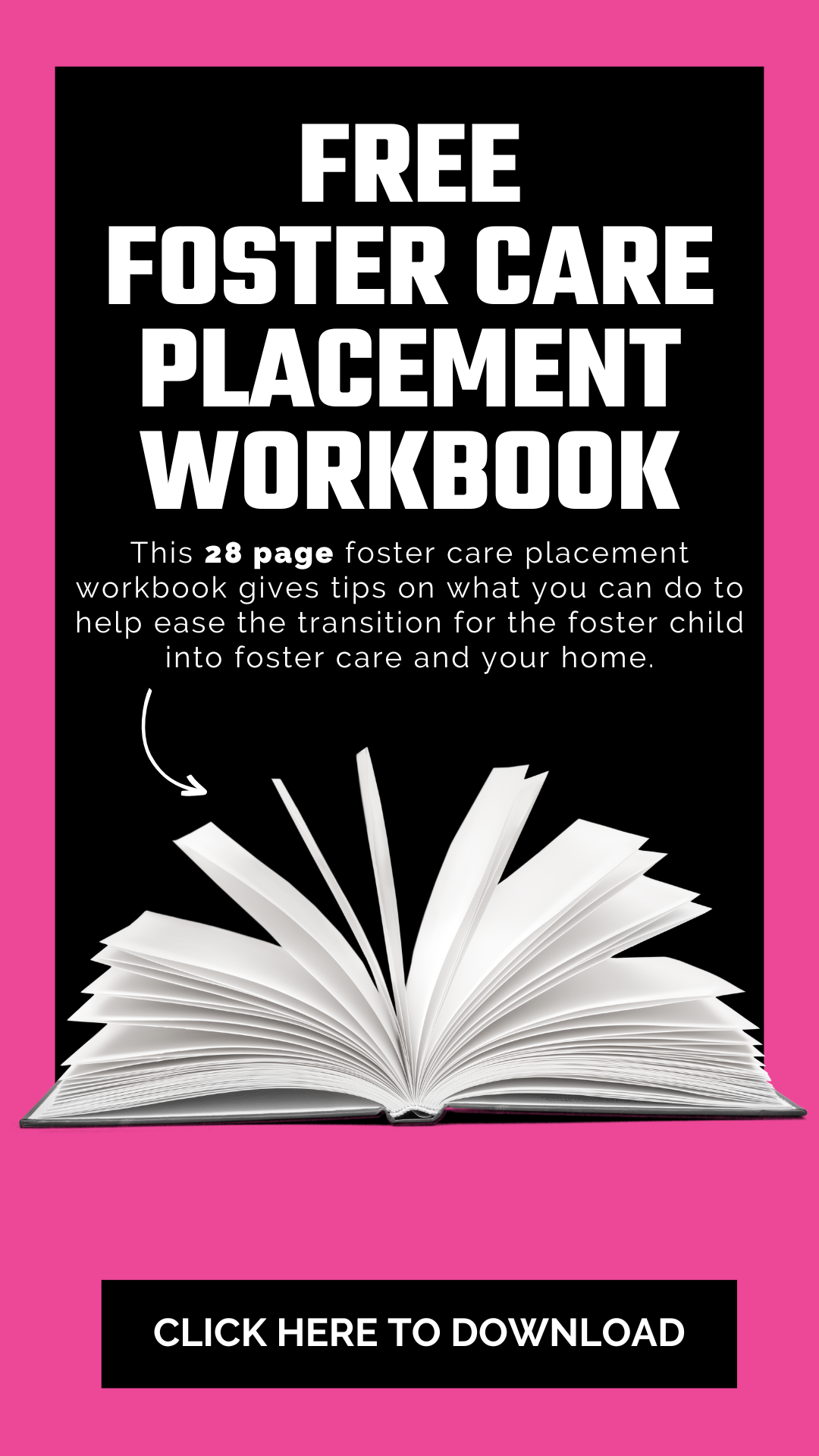
By Jonathan Craig
I once had a coworker ask me if being a foster parent was worth it. I gave some answer about the emotional highs and lows and how, at the end of the day, we felt like our family was much better for having had the experience. He looked at me and said “No, I mean … do you get paid more than you end up spending? …”
My wife and I are often asked if we get compensated for taking in foster kids. Sometimes friends and family are afraid to ask us outright (unlike my co-worker!), so they’ll throw in comments or related questions that might bring the topic up. Either way, the question of stipends definitely is an area of curiosity for many, and there isn’t a lot of information out there.
Stipends are a part of fostering, and it’s important for potential resource families to understand what they are, why they exist, how they should be managed, and perhaps how we should feel about them.
The intent of the foster care stipend is to offset the additional costs of having foster children in the home, to allow more such families to become resources. This is a good thing; we need all the good resource families we can get. The caution is that foster care stipends don’t fully offset the costs of raising a child, and potential foster parents need to make sure they can manage this impact to their budget
Including diapers, food, clothing, housing, transportation, healthcare, day care, and education, the USDA estimates it costs between $25,000 and $30,000 per year to raise a child (and that doesn’t include the cost of saving for college, enrichment activities, vacations, etc.). Nearly all of those costs also apply to raising foster children as well, with the possible exception of healthcare, which is generally covered by the local government agency. And of course there are costs unique to each foster situation: transportation to and from visits and medical appointments, formula for newborns and infants, basic readiness supplies (for example, having a few diapers in all sizes on hand, not knowing what age your next placement might be), and so on. Beyond expenses, fostering can also limit a family’s ability to earn income as more potential working hours are needed to take children to visits, appointments, and other obligations.
So the short answer to my work colleague (or anyone else who is curious) is: “Absolutely not. Not even close.” Fostering is simply not a money-making venture.
When my wife and I first decided to become foster parents, I didn’t quite know how to feel about receiving a stipend. There was no financial assistance that was part of our decision to have our biological kids, so it felt strange to be considering receiving a stipend for agreeing to take in foster children. I think too, I was confused by negative stories of foster parents seemingly involved in fostering just for the stipends and treating children poorly. It also was difficult to clearly see the impact on our household finances before our foster care journey had really begun.
Now that we have been fostering for a few years, I have a better appreciation for the financial challenges fostering can pose, and how our stipend funds can best be used.
There are of course the expected expenses – diapers, food, clothing, etc. – and there have been some unexpected expenses: expensive formula for drug-impacted infants, Uber rides to-and-from the hospital, small renovations to our home to make way for another placement. On top of that there have been broader financial considerations as well; our ability to earn income as a family is affected by the need for one parent to be available for various needs related to foster children.
As our stipend checks come in each month, we have placed the funds in a separate account to be ready to be used for the types of expenses mentioned above. And as we are approaching adoption for a placement that has been with us for 2.5 years, we also have the option to use some of these funds to jump-start his college savings – something that is difficult for foster parents to do when a child is in their care but not legally theirs.
So … how much do foster parents typically receive in stipends? The answer is: it depends. Local government agencies pay different rates. Whether or not you are working with a private agency makes a difference too; generally, if you are using a private agency, you will receive a smaller stipend. The biggest factor can be the needs of the foster children themselves, stipend rates are driven by medical requirements or other complicating circumstances (for example, a sibling set usually has a higher rate per child). Some agencies might provide additional reimbursement as well – like a quarterly clothing reimbursement, for example.
The best advice I can give to current or prospective foster parents is to think of your stipend as a separate income source to be associated with separate expenses related to the care of your foster children. It’s easy to let the stipend checks flow into the broad family budget where income comes in (paychecks, dividends, stipends) and expenses go out (houses, cars, food, bills, childcare costs, etc.). But if a family hasn’t matched stipend income with foster care expenses, then what happens when a child is reunified, or if there is a gap between placements? Then the family budget takes a hit, leading to a potential worst-case scenario: that a decision to take the next child is based on the need to replace that income.
A foster family doesn’t have to set stipend money aside only for larger foster care expenses; it’s perfectly OK to use it for the day-to-day expenses of caring for a foster child (like diapers, formula, clothes, and food). But foster families generally should try to match the spending of stipend money with fostering-associated expenses.
My final thought on the topic is this: more than three years as a foster parent, I have NEVER heard another foster parent, podcast or blog discuss the stipend issue. I have come to these thoughts and conclusions on my own, and they are probably very myopic for that reason. I hope this post brings a conversation around how foster parents feel about, view and handle their stipend money. No one wants to imply to another foster parent that they are “in it for the wrong reasons” by asking about the stipends. Hopefully we can move past that taboo, acknowledge that stipends are a reality in the world of foster care, and talk more about how to best manage these funds to bring more love and support to kids that need it.
Jonathan Craig is a foster parent in Bucks County, PA


